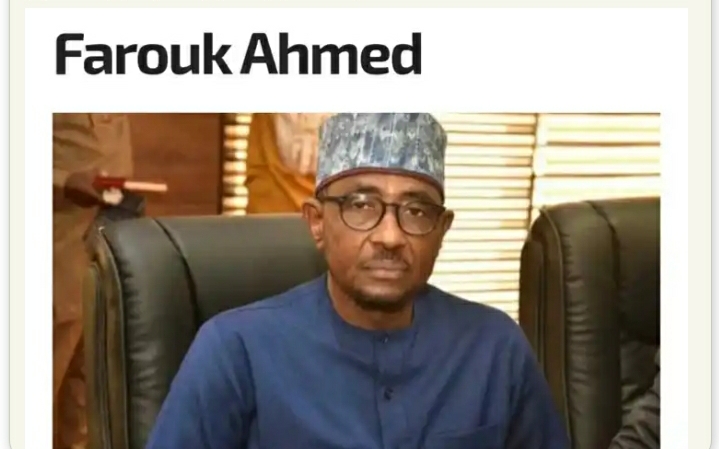The Nigerian Midstream and Downstream Petroleum Regulatory Authority (NMDPRA) has announced that it will no longer fix prices or publish templates for Premium Motor Spirit (PMS), commonly referred to as petrol, in a move that will see market forces dictate the cost of fuel under a liberalised market.
CEO Farouk Ahmed explained, “We make sure we guide the operations of everyone in the sector whether at the depot or wherever the product is, but we will not put a cap to say this is what the price must be.”
This follows President Bola Tinubu’s announcement on Monday that the fuel subsidy regime had ended.
While the market is open to all importers that meet the requirements, it is the responsibility of the Nigerian National Petroleum Company (NNPC) to fix the price of petrol it has imported and not assume the responsibilities of the NMDPRA.
Ahmed stated, “We told the NNPC to recover its costs because they know how much it costs them to import the product and sell it.
Of course, we also know how much shipping, offshore, ex-depot and ex-pump are. But we cannot tell them to sell at a price because the market is deregulated.”
Petroleum marketers have been warned against expecting cheaper petroleum products as companies purchase crude oil at international prices.
The NMDPRA has officially abolished petroleum equalisation and national transport allowance, with the NMDPRA, Federal Government, and Consumer Protection Commission (FCCPC) working to monitor activities in the downstream sector and prevent petroleum marketers from profiteering.
Marketers are now able to source foreign exchange from anywhere around the world to import petroleum products and recover their costs without impediments.
When asked about the sources for forex, Ahmed confirmed that the Central Bank of Nigeria (CBN) would not provide dollars because of the open market, as anyone willing to import can source forex from anywhere and is free to open a letter of credit from any part of the world.
In a press conference held in Abuja on Friday, Ahmed confirmed that no template outlines the pricing components of petrol prices and that the market would henceforth be modulated to allow for the fluidity of prices, which will depend on the international price of the gasoline market.
He warned against expectations of cheap petroleum products, explaining that products will not be cheaper because the company would be buying crude oil at international prices.
However, he did state that Dangote Refinery and modular refineries will come online soon, meaning Nigeria will become a net exporter of petroleum products.



